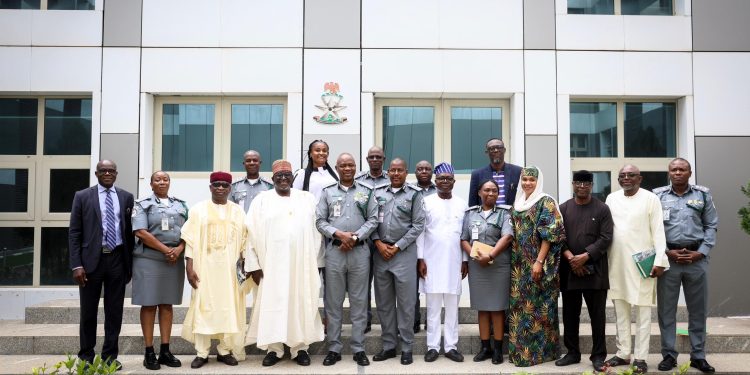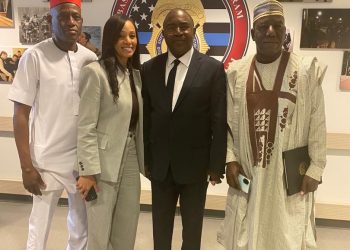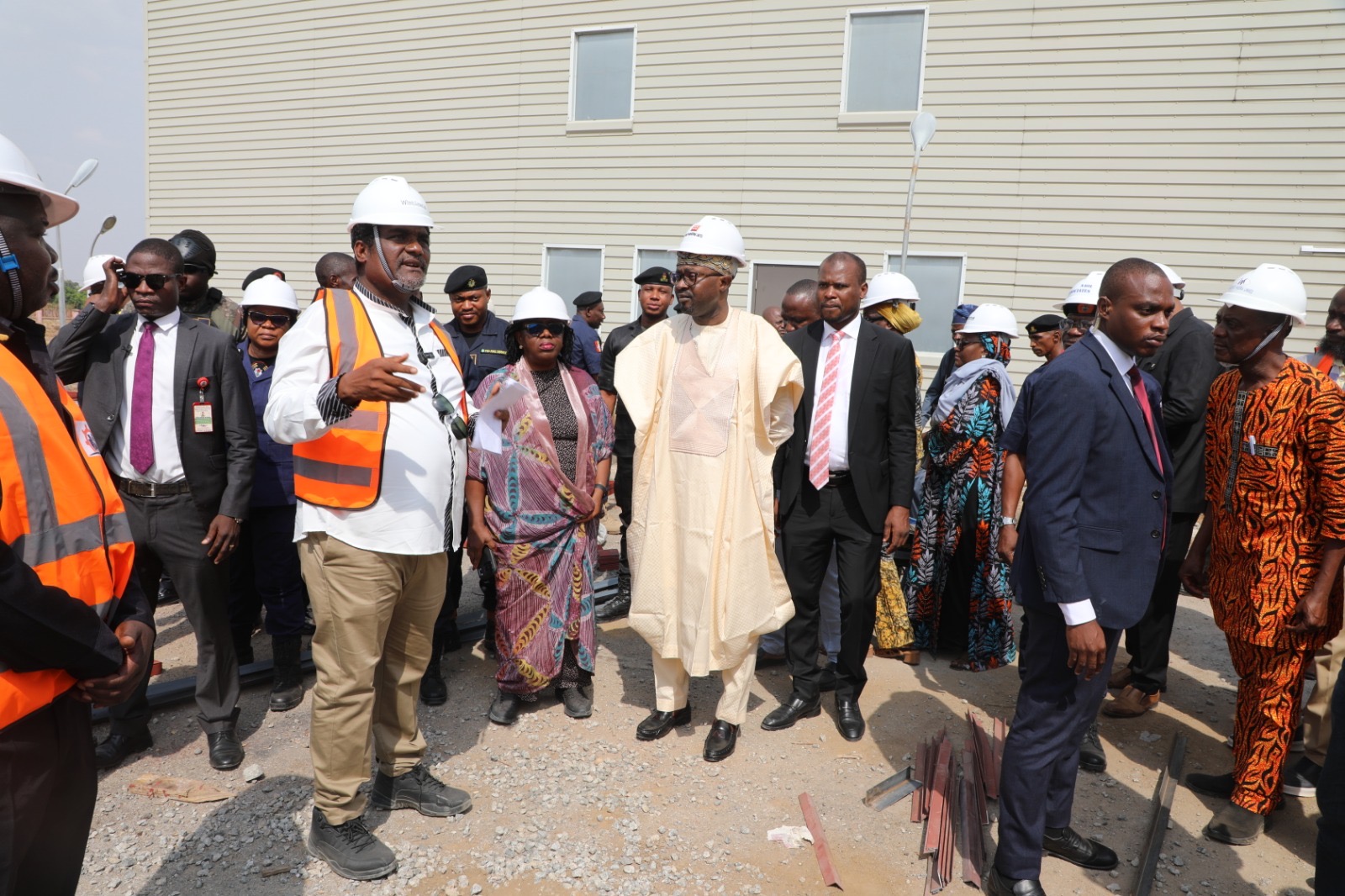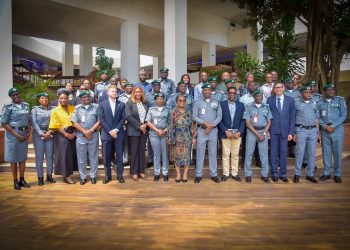…CGC Adeniyi pledges dedicated service desks as private sector hails Customs reforms
By Nkechi Eze
The Comptroller-General of Customs (CGC), Adewale Adeniyi, has reaffirmed the Nigeria Customs Service’s (NCS) commitment to deepening collaboration with the Nigerian Association of Chambers of Commerce, Industry, Mines and Agriculture (NACCIMA) as part of efforts to enhance trade facilitation, strengthen border management, and improve revenue generation.
Adeniyi gave the assurance while receiving the newly elected National President of NACCIMA, Jani Ibrahim, and his management team on a courtesy visit to the Customs Headquarters in Maitama, Abuja.
Welcoming the private sector delegation, the Customs boss expressed appreciation for NACCIMA’s recognition of the Service’s ongoing reforms, describing such commendations as an encouragement to sustain the drive towards balancing trade facilitation with national security and revenue generation.
“When I assumed office, one of the first things I was deliberate about was the issue of collaboration. Revenue and security are important, but to succeed in both, we must also strengthen trade facilitation,” Adeniyi said. He noted that Customs was fully on course with this vision, adding: “Today, I am pleased to inform you that we are fully on course with this collaboration. In that spirit, we will dedicate special desks for your members to resolve issues regarding the implementation of our processes.”
In his remarks, NACCIMA President Jani Ibrahim congratulated Adeniyi on his election as Chairperson of the World Customs Organisation (WCO) Council, describing the appointment as “a well-deserved recognition of Nigeria’s growing leadership in customs administration.” He further commended President Bola Tinubu’s decision to extend Adeniyi’s tenure, noting that the move reflected “a clear vote of confidence in his transformational reforms.”
Ibrahim highlighted a series of Customs innovations that have begun to yield tangible results, citing the introduction of the Authorised Economic Operator programme, the deployment of indigenous digital platforms such as B’odogwu, the conduct of Time-Release Studies, and enhancements to the Pre-Arrival Assessment Report system. According to him, these initiatives are already reducing bureaucratic bottlenecks, lowering cargo dwell time at ports, and boosting Nigeria’s competitiveness in global trade.
“The private sector, through NACCIMA and the organised private sector, is fully committed to supporting Customs in achieving its mandate,” Ibrahim assured. He also proposed the establishment of a Joint Technical Facilitation Committee made up of representatives from both NACCIMA and Customs. “This will provide a framework for regular consultation and measurable progress on all areas of collaboration,” he explained.
The NACCIMA president stressed that such a partnership would not only ease the cost of doing business but also strategically position Nigeria to harness the opportunities presented by the African Continental Free Trade Area (AfCFTA).
















